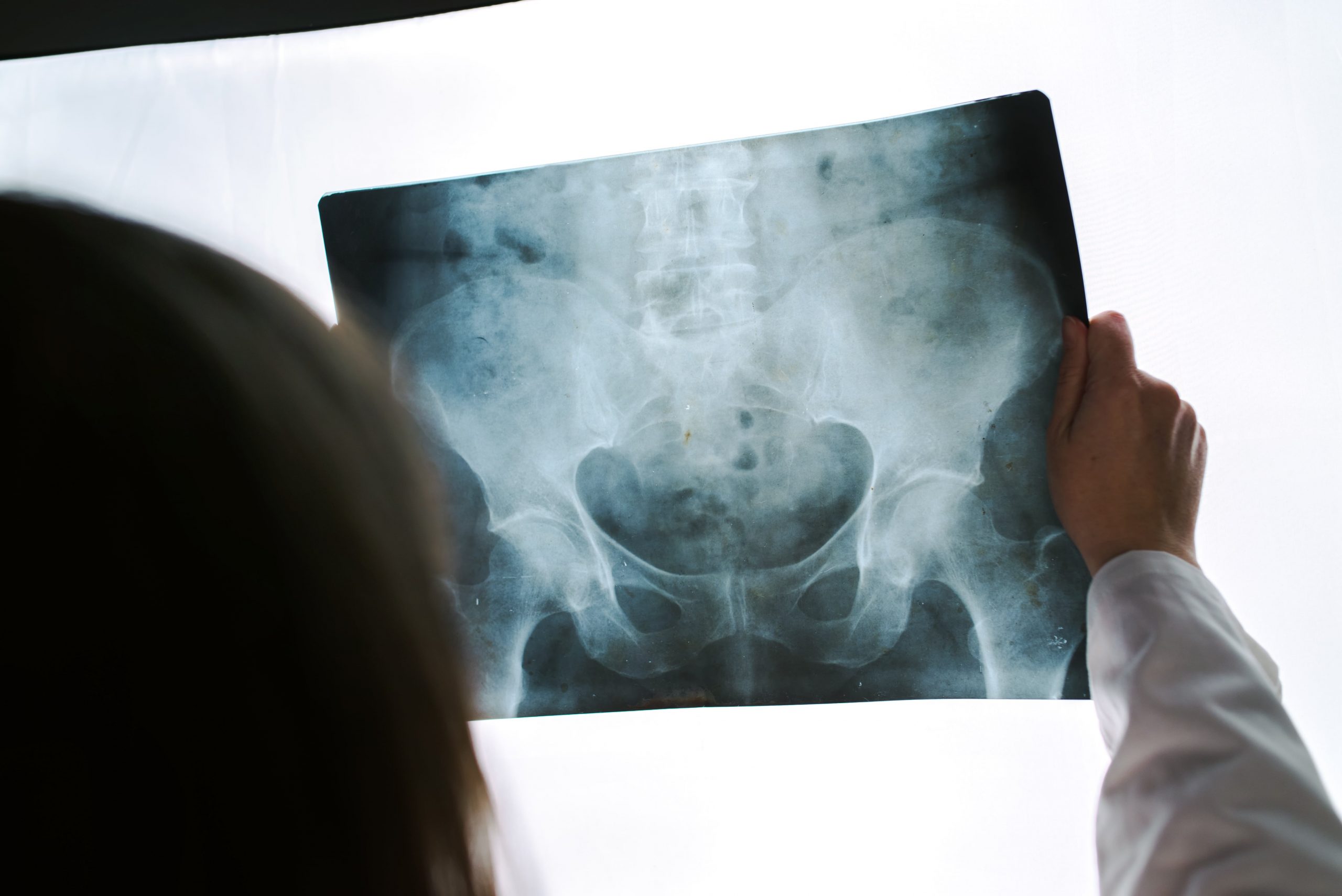Pelvic Floor Dysfunction
Pelvic Floor Dysfunction
Pelvic floor dysfunction is a common condition where you’re unable to correctly relax and coordinate the muscles in your pelvic floor to urinate or to have a bowel movement. The pelvic organs include the bladder, uterus and vagina, the prostate (in men), and the rectum
Pelvic floor conditions are very common and effect more than 1 in 3 women. The majority of which don't seek professional medical care out of embarrassment.
The full cause of pelvic floor conditions are still unknown.
Pelvic floor dysfunction is a common condition where you’re unable to correctly relax and coordinate the muscles in your pelvic floor to urinate or to have a bowel movement. The pelvic organs include the bladder, uterus and vagina, the prostate (in men), and the rectum
Pelvic floor conditions are very common and effect more than 1 in 3 women. The majority of which don't seek professional medical care out of embarrassment.
The full cause of pelvic floor conditions are still unknown.
Additional Information
Additional Information

Causes & Risk Factors
The full causes of pelvic floor dysfunction are still unknown. But a few of the known factors include:
- Traumatic injuries to the pelvic area (like a car accident).
- Pregnancy.
- Overusing the pelvic muscles (like going to the bathroom too often or pushing too hard), eventually leading to poor muscle coordination.
- Pelvic surgery.
- Being overweight.
- Advancing age.
Symptoms
The symptoms will often come and go in phases. You may have episodes lasting days, weeks or months where your symptoms improve, followed by times when they’re worse. The main symptoms of interstitial cystitis are:
- Intense pelvic pain
- The frequent and urgent need to urinate
- Painful sexual intercourse
- Symptoms in women may get worse during your period.
Treatment
The purpose of treatment is to relieve or reduce symptoms and improve the person’s quality of life. For some people, a combination of treatment methods works best.
Doctors may recommend:
- Dietary changes
- Pain relief
- Biofeedback
- Pessary
- Surgery

